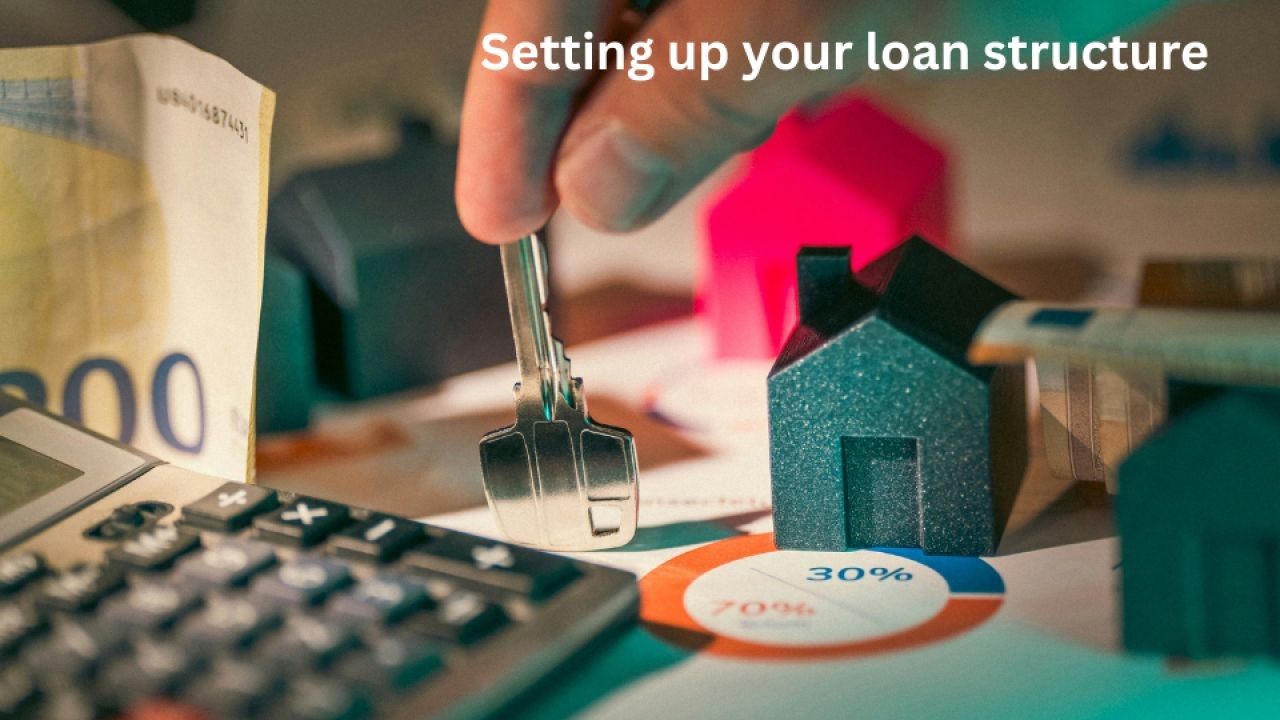It may seem counterintuitive that some of Australia's wealthiest individuals choose not to own homes. In a country where property ownership is often seen as a benchmark of financial success and stability, this trend raises eyebrows. But there are strategic reasons behind this choice, deeply rooted in economic factors, investment strategies, and personal preferences. This article delves into the reasons why some of Australia's affluent population opt for renting over buying, offering insights into the broader implications for the e-commerce landscape.
Economic Landscape and Real Estate Dynamics
Australia's real estate market has experienced significant fluctuations over the past decade. According to the Australian Bureau of Statistics (ABS), property prices have seen a dramatic increase, with Sydney and Melbourne leading the charge. In 2024, Sydney property prices rose by 12%, outpacing wage growth. This surge has made homeownership increasingly challenging, even for the wealthy.
The Reserve Bank of Australia (RBA) highlights that the housing affordability crisis is a significant deterrent for potential homeowners. With property prices skyrocketing, the return on investment (ROI) for property has become less attractive compared to other asset classes. This shift in economic dynamics is a crucial factor influencing the decision of wealthy individuals to rent rather than own.
Investment Strategies: The Opportunity Cost of Homeownership
For many affluent Australians, the decision not to own a home is driven by strategic investment considerations. Rather than tying up capital in real estate, they prefer to invest in high-yielding assets that offer better returns. The Australian Securities and Investments Commission (ASIC) reports that diversified investment portfolios, including stocks, bonds, and tech startups, have consistently outperformed real estate in recent years.
Real-world examples illustrate this point. A prominent Australian entrepreneur, who wished to remain anonymous, chose to invest in emerging technology companies rather than purchase a $10 million Sydney mansion. This decision resulted in a 40% return on investment over five years, far exceeding the potential appreciation of the property market.
Comparing Renting vs. Buying Scenarios
The decision to rent or buy is not just about financial returns; it's also about lifestyle and flexibility. Renting offers several advantages:
- Flexibility: Renting allows individuals to relocate easily, an attractive option for those whose careers or personal lives require mobility.
- Liquidity: Renting keeps capital liquid, enabling quick responses to investment opportunities.
- Lower Maintenance Costs: Renters avoid the expenses associated with property maintenance and taxes.
Conversely, buying offers stability and potential long-term appreciation. However, the high entry cost and ongoing expenses can outweigh the benefits for some.
Case Study: The Australian E-commerce Boom
Australia's e-commerce sector has experienced exponential growth, driven in part by shifting consumer behavior and technological advancements. According to NAB Consumer Insights, online retail sales grew by 18.3% in 2024. This growth presents lucrative opportunities for investors, making e-commerce an attractive alternative to real estate investments.
Case Study: A tech-savvy investor in Perth diverted funds from a potential property purchase to invest in an e-commerce platform. Within three years, the platform's value tripled, showcasing the potential returns of digital investments over traditional real estate.
Financial Implications and Risk Management
For the wealthy, financial decisions are not just about maximizing returns but also about managing risks. Real estate, while traditionally seen as a safe investment, carries risks such as market volatility and liquidity constraints. The Australian Prudential Regulation Authority (APRA) has highlighted the importance of risk diversification in investment portfolios.
In contrast, renting provides a hedge against real estate market fluctuations. By keeping their primary residence as a rental, wealthy individuals can allocate more resources to diversified investment portfolios, balancing risk and reward effectively.
Regulatory Insights: Taxation and Policy Considerations
The Australian Taxation Office (ATO) imposes significant taxes on property transactions, including stamp duty and capital gains tax. These costs can be substantial, especially for high-value properties. For the affluent, renting can be a strategic move to minimize tax liabilities associated with property ownership.
Furthermore, government policies and interest rate fluctuations can impact the real estate market's stability. Investors aware of these regulatory considerations often opt to rent, maintaining financial agility in response to policy changes.
Common Myths About Homeownership Among the Wealthy
- Myth: "Owning a home is always a better investment than renting." Reality: In high-demand markets, the costs of ownership can exceed the benefits of appreciation, especially when considering alternative investments.
- Myth: "Renting is throwing money away." Reality: Renting can be a strategic financial decision, preserving capital for profitable investments.
- Myth: "The wealthy don't need to worry about housing costs." Reality: Even the affluent consider opportunity costs and strategic allocation of resources.
Future Trends: The Evolving Landscape of Wealth Management
Looking ahead, the trend of renting over buying among Australia's wealthy is expected to continue. As the e-commerce sector grows and alternative investments gain traction, property ownership may become less of a priority for high-net-worth individuals.
Experts predict that by 2030, a significant portion of Australia's affluent population will prioritize investment in digital assets and sustainable ventures, reflecting a broader shift in wealth management strategies.
Conclusion
The decision by some of Australia's wealthiest not to own their homes is a calculated strategy influenced by economic dynamics, investment opportunities, and lifestyle preferences. As the real estate and e-commerce landscapes continue to evolve, this trend offers valuable insights for investors and businesses alike. By understanding the motivations and strategies of the affluent, e-commerce specialists can better cater to this discerning demographic, capitalizing on the opportunities presented by Australia's dynamic market.
People Also Ask (FAQ)
- Why do some wealthy Australians prefer renting over buying? Wealthy Australians prioritize flexibility, liquidity, and strategic investments over property ownership, allowing them to capitalize on high-yield opportunities in other asset classes.
- What are the financial benefits of renting for the affluent? Renting offers lower maintenance costs, tax advantages, and the ability to allocate capital to more profitable ventures, enhancing overall financial returns.
- How does the e-commerce boom impact investment decisions? The rapid growth of e-commerce in Australia presents lucrative investment opportunities, prompting some wealthy individuals to prioritize digital assets over traditional real estate.
Related Search Queries
- Why wealthy Australians rent
- Australian real estate market trends
- Investment strategies for high net worth individuals
- Renting vs. buying in Australia
- E-commerce growth in Australia
- Impact of taxation on property investment
- Wealth management trends in Australia
- Alternative investments for the affluent
- Real estate market volatility
- Digital asset investment opportunities

































US Jewels
7 months ago